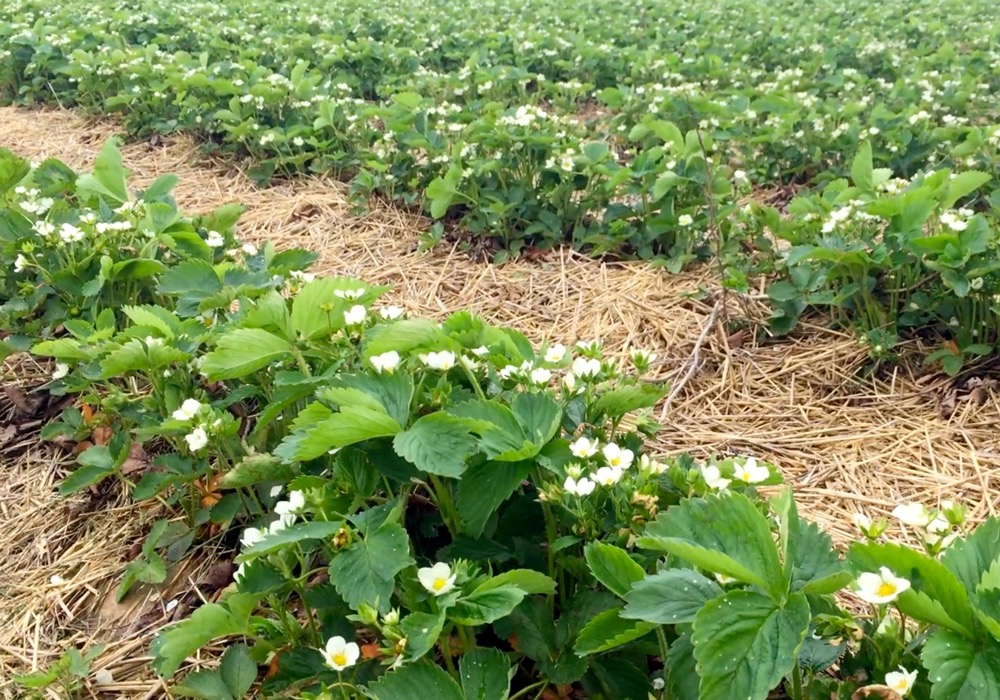Why don’t government departments talk to each other?
It’s a reoccurring question – one that seems to creep up particularly whenever agriculture mixes with other policy areas.
For Ottawa outsiders, the apparent lack of communication and coordination between departments can be frustrating – particularly if you happen to be one of those Canadians who seems to spend 50 per cent of their time filing out the same forms over and over again.
Federal officials will insist they talk to each other (and in fairness sometimes they do). But too often a policy emerges from one department that leaves others simply scratching their heads.
Read Also

Canada seventh-most influential country on agri-food
Report from Dalhousie University and MNP shows Canada ranks seventh among G20 countries on agri-food influence.
Remember the Liberal government’s first attempt at corralling Canadian Controlled Private Corporations?
Messaging and choice of language aside, the initial policy as it was presented posed serious challenges for Canadian small businesses and agriculture because it made it harder to transfer a family owned operation within the family.
Succession planning is top of mind for provincial and federal agriculture departments. Heck, at the same time as the Liberals unveiled their proposed tax changes – the Ontario Ministry of Agriculture still had a list of reasons why farmers should incorporate their operations on their website.
The latest policy to raise questions about interdepartmental cooperation involves Service Canada.
As part of their new unannounced compliance inspections, Service Canada sent an email, obtained by iPolitics, to all employers of the temporary foreign worker program in February to remind them of their responsibilities. Historically audits have been paper-based.
Those responsibilities, the email reads, includes allowing Service Canada officers to “examine anything on the premises” and “provide any document located on premises to officers for examination.”
Employers are also obliged to allow officers to “use any computer or other electronic device on the premises to examine any relevant document(s) stored on the device or available to it, such as in a cloud” and allow officers to be “accompanied or assisted on the premises by any person required by the officers.”
The inspections, which can take place anytime within six-years of the first day a foreign worker starts working, is causing serious concern within this country’s agriculture industry.
Farmers say the policy directly contravenes Canadian food safety rules – including new regulations and requirements under the pending Safe Foods for Canadians Act as outlined by the Canadian Food Inspection Agency and CanadaGAP standard. Those rules, for instance, require any visitor on farm to sign in or out.
Producers also have biosecurity concerns.
Disease poses a very real risk to an operation. Canadian pork producers, for example, are still working to protect their barns from the virulent porcine epidemic diarrhea virus (PEDv) – a virus so deadly to baby pigs a thimbleful of the virus can wipe out a full barn. Dozens of barns have been devastated by the virus in Ontario and Manitoba in recent years.
Employment Minister Patty Hajdu’s office has said officers will ask farmers or their staff about the farm’s biosecurity upon arrival – a response that comes only after Service Canada officials said they weren’t sure whether officers would receive any biosecurity training ahead of time during a teleconference with industry at the end of February.
But that response doesn’t cover off situations where officers, who may have visited another farm earlier in the day, arrive on site and no one is home, for example. Who will instruct the officers on the proper tire or boot washing procedures then?
Nor has anyone been able to answer safety questions – like what happens if an officer arrives and no one is home and they wander an area of the property that was recently sprayed as they look for someone to talk to?
There are also legitimate privacy concerns. Farms are both businesses and people’s homes. The farm computer is often also a family’s personal computer – same rule applies with the farm cellphone. It’s unclear whether Canada’s Privacy Commissioner was consulted when the policy was being developed.
Many farmers suggest the policy as it stands now is “far reaching” and extremely broad. The Service Canada email, for example, does not define “a relevant document” or provide examples of persons whose company offices would require.
Answers to these scenarios might have been more forthcoming if the other departments and the industry had been consulted ahead of time. Based on the response thus far, that doesn’t appear to have happened.















